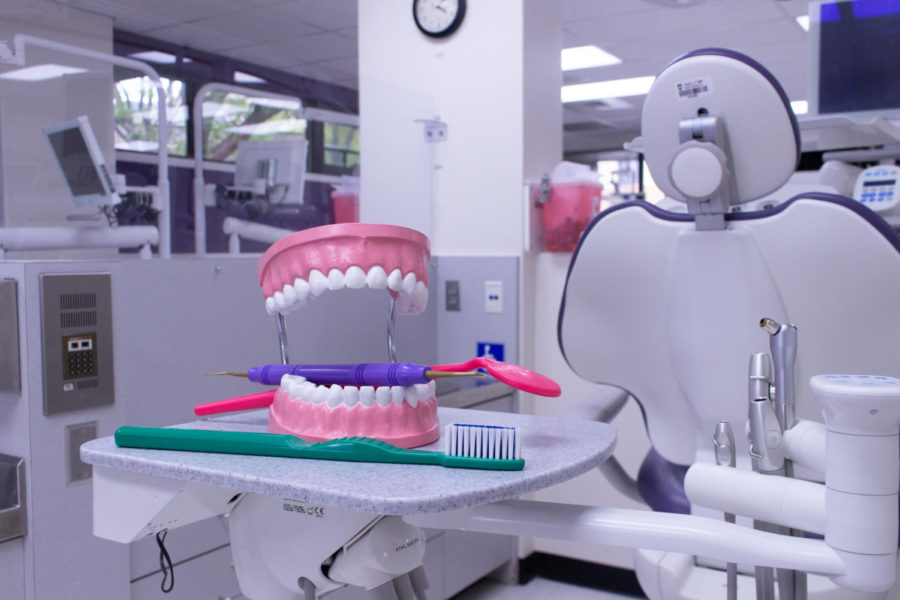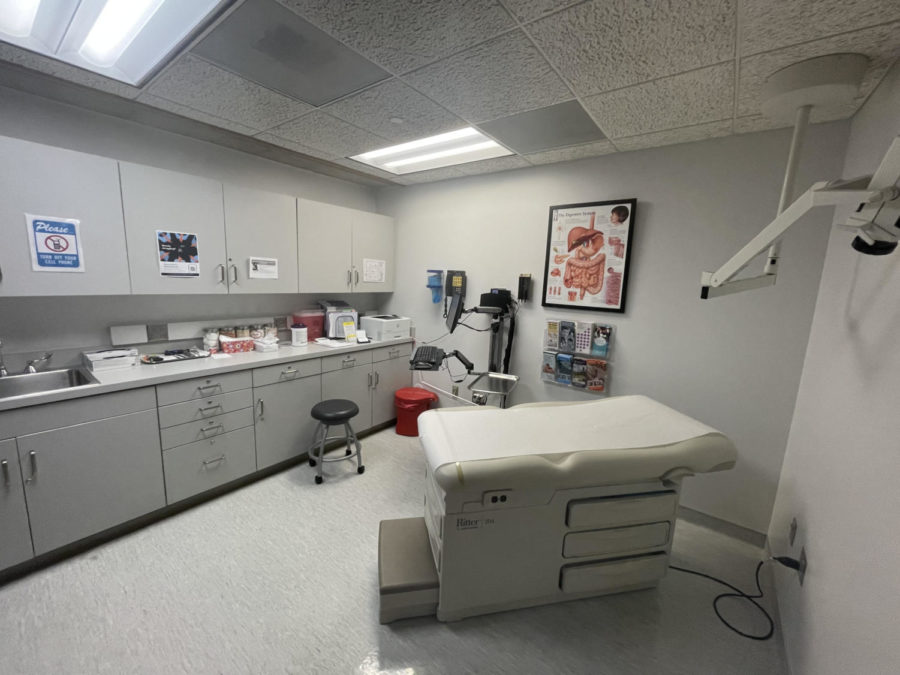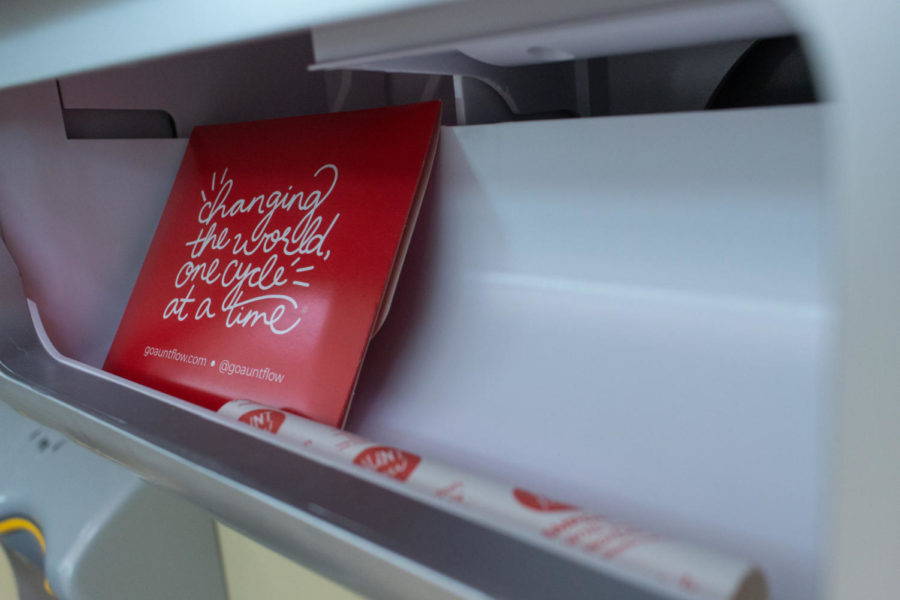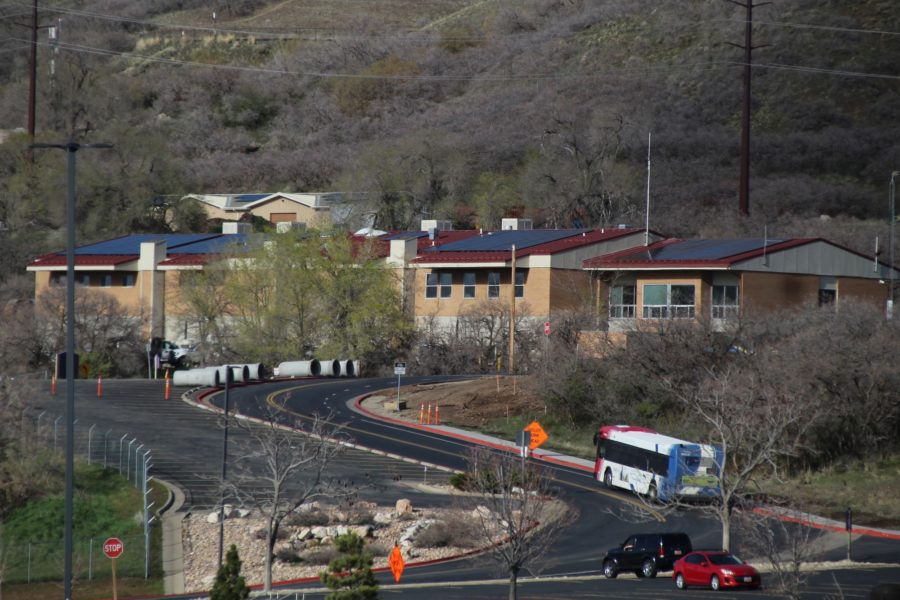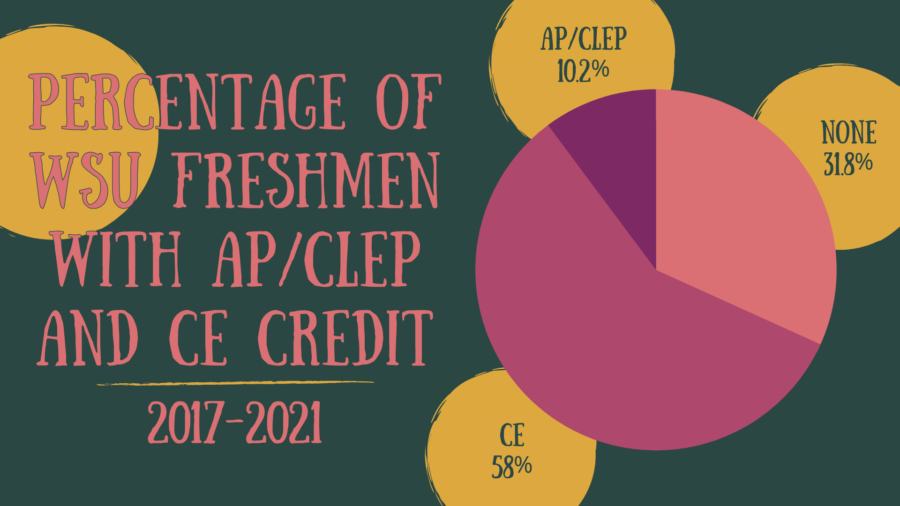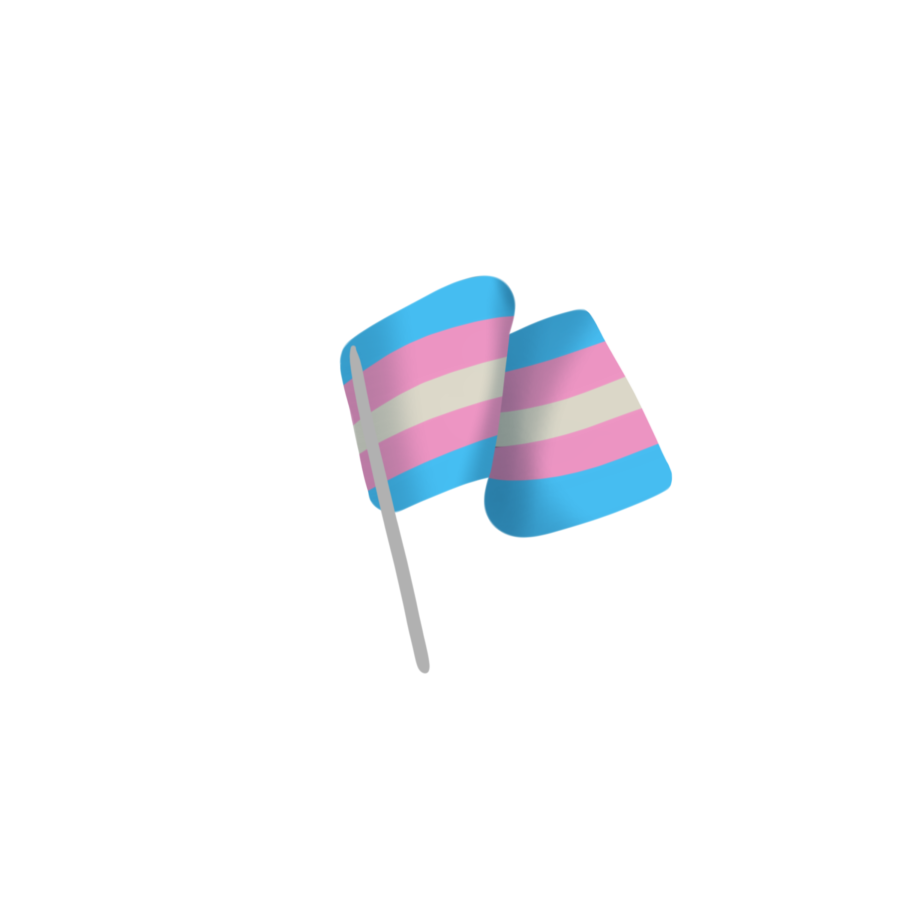The end of finals week on Dec. 17 marks the close of the semester and the beginning of winter break, which will last until Jan. 10. With the pandemic still prevalent, Weber State University is encouraging students to continue to stay safe and protect others over the break.

Justin Herbert, a program specialist for the Student Wellness Center, provides presentations for students related to general health and wellness. On Mondays from 10 a.m. to 1 p.m., the center has a COVID-19 booth that answers questions for students curious about the virus.
“We try to stay as up to date as possible with the information we give to students because there are many different avenues where people can learn false information,” Herbert said. “We do our best to stay accurate with credible sources to help cement what we know about the pandemic and other big situations revolving around public health.”
During 2020, the SWC also participated in virus contact tracing to locate the spread of COVID-19 in the WSU community. The center has offered informational flyers with tips such as wearing a mask if exposed to anyone infected with the virus, taking advantage of free COVID tests, washing hands regularly, social distancing, getting enough rest and having a good diet.
Matthew Domek, chair of the Department of Microbiology at WSU, encourages his students to follow WSU policies that are aligned with the county and state health departments.
“This pandemic has been stressful, but as more information comes out, my faculty and I have a better understanding of how to keep ourselves and students safe,” Domek said.
He and other professors in the College of Science are open to questions from students regarding health and safety in this situation.

“During the fall of 2020 and spring of 2021, I started offering my courses virtually, except for microbiology labs, to help ease the spread of the virus,” Domek said.
The Weber Morgan Health Department is also hosting a vaccine and booster shot clinic every Tuesday in the Shepherd Union building from 10 a.m. to 3 p.m. The national guard is helping distribute the shots, as assigned by the governor to help local health departments.
Walk-ins and appointments are accepted, and a consent form is required. Both Pfizer and Moderna vaccines are being offered, with Pfizer the only one available for children ages 5-11.
According to the Food and Drug Administration, administering the Moderna vaccine to children is only recommended if an Emergency Use Authorization is present.
The Community Education Center on campus is also giving booster shots and vaccines every Monday and Wednesday from 12-7 p.m.
Lori Buttars, public health information officer for the department, helps update the department’s website information and works on coalitions for public outreach as a spokesperson.
“When students go home for vacations, that’s when they let their guard down and spread the virus to loved ones,” Buttars said.

According to the department, the 30- to 39-year-old age group in the Weber-Morgan health district has the fastest growing COVID cases in the past 14 days. The second fastest is the 20- to 29-year-old age group, which encompasses many college students and the third fastest is the 10- to 19-year-old age group.
“COVID tests should be taken no longer than three to five days after known exposure or immediately when experiencing symptoms,” Buttars said.
Aside from boosters, vaccinations are also still encouraged by the department for individuals not yet vaccinated.
Students volunteered for the department earlier this year in administering vaccines at the Dee Events Center.
“We appreciate the proactivity at WSU. They have been a great community partner in helping keep students trained on safety with this pandemic,” Buttars said.
The Center for Disease Control and Prevention’s website states that building immunity through vaccination is a two-dose course. The second dose is administered two weeks after the first is given. A person is not fully immunized until two weeks after receiving the second dose.
Booster shots can then follow after the immunizations within six months of the last vaccination. If the doses are of the Pfizer vaccine, a minimum of 21 days have to pass before a booster shot can be safely administered, and 28 days for Moderna.
Lower-dose booster shots for children ages 5-11 were proposed by the FDA on Oct. 29 and authorized on Nov. 18. Originally, booster shots were only available for high-risk individuals such as the elderly, healthcare workers and students or staff at institutions.

Booster shots at WSU are also available in the Community Education Center on Mondays and Wednesdays from 12 p.m. to 7 p.m.
The CDC has also released reports of a new variant of the virus, B.1.1.529, infecting individuals in the United States, which the World Health Organization named the “Omicron” variant on Nov. 26. Omicron remains a rapidly evolving situation, and more information regarding the variant is sure to come out over the next several weeks.
Students looking for more information regarding the new variant or vaccinations and booster shots can refer to the CDC, FDA and WSU COVID-19 information pages.
“The best tools we have to continue staying safe are vaccinations, booster shots and CDC guidelines until more research is done,” Buttars said.






